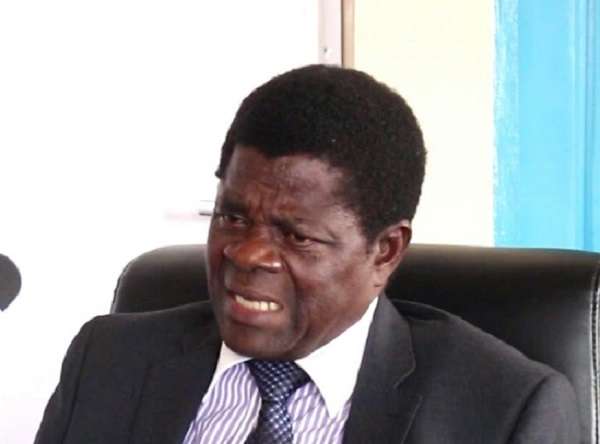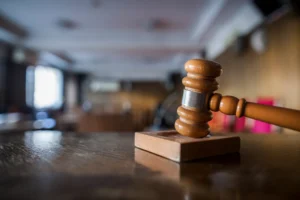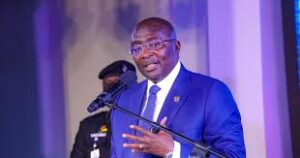Ansa-Asare Claims Suspended Chief Justice Is a Victim of the System She Operated

Former Director of the Ghana School of Law, Kwaku Ansa-Asare, has openly criticized the suspended Chief Justice of Ghana, Gertrude Torkornoo, for breaking her silence and publicly commenting on her ongoing removal proceedings. Ansa-Asare argued that such constitutional processes should remain within the confines of established legal procedures rather than being played out in public forums, which can undermine the integrity of the system and distort public perception.
Chief Justice Torkornoo recently spoke out for the first time since the initiation of the petition for her removal, raising concerns about what she described as constitutional breaches and irregularities in the process being carried out under Article 146 of the Ghanaian Constitution. Her statements came as an attempt to defend herself against the allegations and garner public sympathy amid a highly sensitive constitutional procedure.
Reacting to her public engagement, Kwaku Ansa-Asare, who previously served as Director of the Ghana School of Law, expressed his disappointment and frustration in an interview with Citi FM on June 25, 2025. He said the Chief Justice’s decision to involve the public was misguided, unnecessary, and could have negative implications on the legal process. According to Ansa-Asare, once a constitutional mechanism has been triggered, such as the removal of a sitting Chief Justice, it is crucial to allow the process to run its full legal course without external interference or public pressure.
Ansa-Asare explained that the judicial removal process is designed to ensure fairness and transparency through constitutionally defined procedures, and allowing public opinion to influence or cloud this process could compromise its legitimacy. He pointed out that the citizens of Ghana were willing to trust the process and wait for the outcome before passing judgment on whether the proceedings were conducted fairly.
He stated, “Ghanaians wanted to support her to go all in, and then at the end of the process, everyone will see whether the process was transparent.” This comment underscores his belief in the importance of respecting institutional processes rather than seeking public validation prematurely.
Furthermore, Ansa-Asare suggested that Chief Justice Torkornoo’s attempt to justify her public appeal stemmed from a sense of being trapped by the ongoing process. He observed that she had already completed more than half of the proceedings before claiming that the process was unfair, indicating a reluctance to resign despite the mounting pressure.
He said, “She has done more than 50% and now she is saying that the process was skewed, but she cannot resign — I realized that I have got to a corner, a place of no return, so public here I come for you to hear my side.” This remark reflects his view that the Chief Justice’s public statements were an act of desperation rather than a strategic legal move.
In closing, Ansa-Asare warned that by bringing the removal process into the public eye, the Chief Justice risked politicizing a constitutional matter that should be handled discreetly and professionally. He cautioned that such actions could erode public confidence in Ghana’s judicial system and set a concerning precedent for future cases.
He added, “See what the president is doing to me, and if I appear before the committee, you will see what they are doing — It is none of our business to bring the public into this controversy.” With this, he emphasized that the process should remain between the relevant authorities and stakeholders without becoming a spectacle for public debate.
Ansa-Asare’s critique highlights a broader tension between transparency and confidentiality in constitutional processes. While public awareness and accountability are essential in democratic governance, there is also a need to uphold procedural integrity to ensure justice is served without undue influence from external factors. His position calls for the maintenance of dignity and respect for the constitutional framework, urging all parties involved to let the legal process take its course calmly and without interference.
Ultimately, the situation surrounding Chief Justice Torkornoo serves as a reminder of the delicate balance between the rule of law and public discourse, stressing the importance of preserving the sanctity of judicial processes in Ghana’s democratic system.






